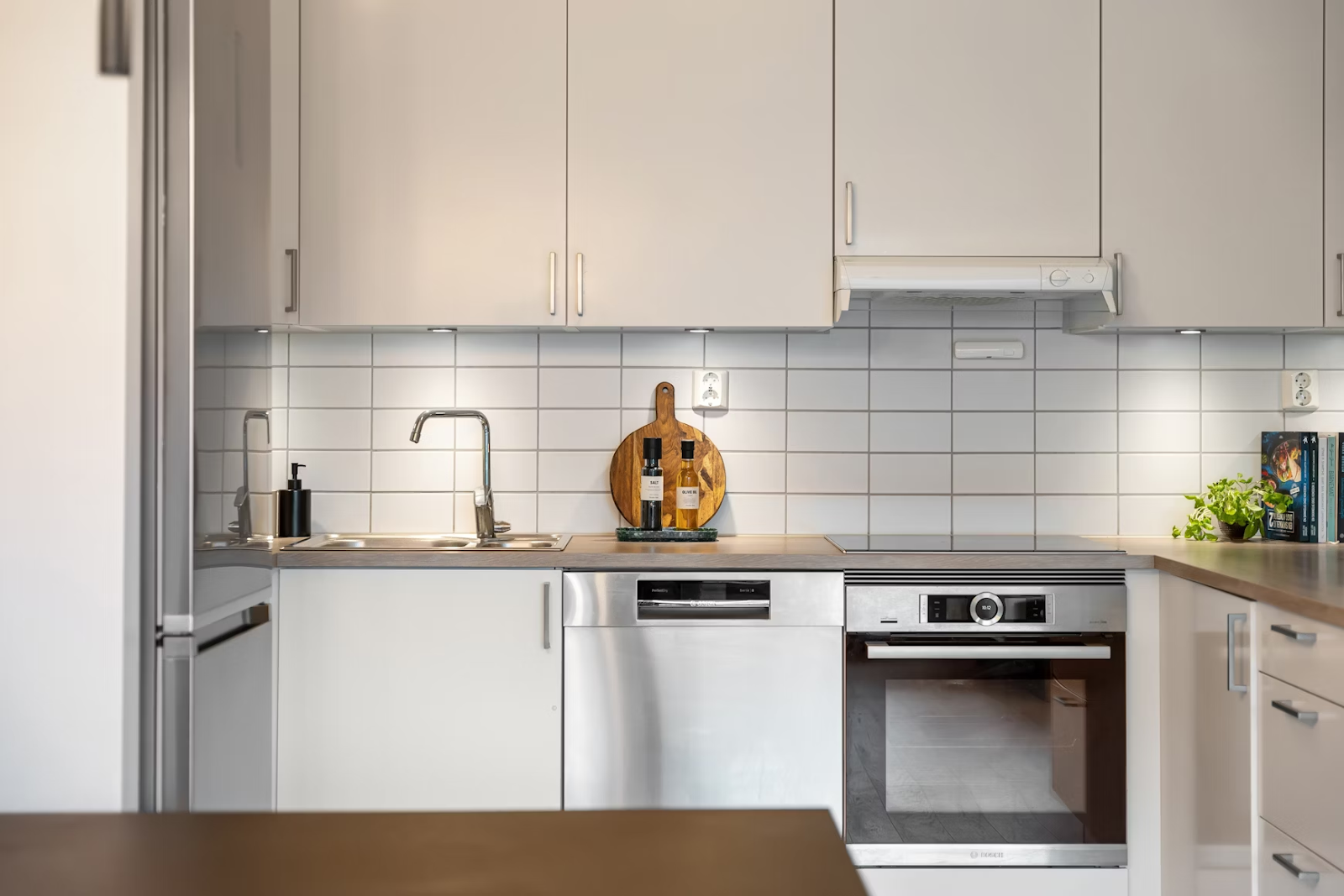Choosing the right contractor for kitchen or bathroom renovations can feel overwhelming, especially when safety, aesthetics, and budgeting all hang in the balance. A carefully selected professional not only ensures that your project stays on track and up to code but also that you feel confident in the finished result. If you’re considering certification resources, reviewing something like the AtHomePrep license exam guide can give you insight into the kind of training and standards that reputable contractors follow—even if the phrasing seems a bit awkward, it’s a helpful reference. The rest of this article will guide you through the key considerations to help you confidently hire a qualified contractor for your next renovation.
Know Your Project Scope and Priority
It is important to get a clear picture of what you would like to achieve before you approach any contractors. Will you be performing a complete remodel that includes relocation of plumbing or other structural changes, or just a cosmetic upgrade like changing cabinets and fixtures? Understanding the scope of plumbing, electrical, or load-bearing modifications will not only help with the expectations of the cost and schedule, but also the licensure and specialty that your contractor will require. Not sure? You should consider contacting an architect or designer initially, so you have an idea of what you want to present to prospective professionals.
Verify Credentials, License, and Insurance
Bathrooms and kitchens have plumbing, electricals, and structural work- all of which can be very dangerous when approached in the wrong way. This is why you need to employ a person who is licensed appropriately in your jurisdiction. Licensing is very different, but generally involves demonstrating education, passing an exam, and liability insurance coverage. A license helps to keep the contractor under regulatory conditions and provides you with a remedy in case something goes amiss.
Evaluate Experience and Specialization
Specialization does not apply to all contractors. A person who has done general construction might lack the depth in the more complex kitchen or bathroom work–in waterproofing details, ventilation, and interface with appliances. Find professionals who can refer to some finished projects of a similar scope and style to your planned one.
For instance, looking at established remodeling companies such as New Day Construction can give you a sense of what specialized experience looks like in practice. Their focus on kitchen and bathroom renovations highlights the benefits of hiring a contractor who understands layout flow, material compatibility, and modern design integration, all crucial factors that separate a competent remodel from a great one.
Check References, Old Projects
When you have a short list, ask the references and see before and after photos, or visit the completed work. Talking to old customers about the schedule, communication, and satisfaction will tell a lot about the professionalism and reliability of a contractor.

Asking about whether the contractor was timely, considerate of the client’s home, and upfront about the costs will give you an idea of what it will be like to have them work with you on a day-to-day basis.
Project Management and Communication Style
Even an experienced contractor may produce unsatisfactory outcomes due to poor communication. In your initial talks, observe how they are attentive to listen, how they answer questions, and what their inquiries are about the design and functionality. This provides an understanding of how they will address unforeseen problems or changes in the project.
It is also important that you define the way they manage the projects. Does the contractor organize all subcontractors and deliveries? Will they give a timeline and follow-up? A planned procedure with planned updates and milestone reviews can make a world of difference in your overall experience and reduce stress from surprises.
Think Before Comparing Estimates
When you are quoted, make a strict comparison not just in terms of total cost, but what each includes. Some contractors will underquote and leave out important aspects like the cost of permits, final clean-up up or contingency fund to cover surprises in structural problems. Other people might employ superior quality materials or a lengthier warranty on their work. Compare each estimate in terms of completeness and transparency, not just on the basis of price.
Final Decision and Signature of the Contract
After you have picked your contractor, make sure the written contract contains the following basics: the complete scope of work, timeline with start and completion date, payment terms, material specifications, allowances on finishes, and the warranty. It should also explain how change orders will be treated- this will be clear in case you choose to alter the design or materials partway through the project.
Don’t make the full payment until the final inspections or walkthroughs have been completed so that you can resolve any punch-list items. This will serve as a motivation to the contractor to fulfill the details, and you will have a bargaining chip to make the job completed to your satisfaction.
Conclusion
Contracting the right person to work on your kitchen or bathroom remodel is not only a business deal, it is a partnership that will influence one of the most utilized and exposed areas of your home. By narrowing down the scope of your project, checking licenses and insurance, reviewing experience in similar projects, checking references, examining communication style, comparing detailed quotes, and having a solid contract, you put yourself in a position to take pleasure in a beautiful, safe, and successful renovation. A qualified contractor is not merely a builder; he is a collaborator in the process of making your design vision reality, and that degree of trust is worth the effort to achieve.


More Stories
How Momo Handles Transform Kitchens and Cabinetry
8 Quick Centerpiece Ideas for Last-Minute Hosts
How to Set Up a Home Theater Room Without Breaking the Bank